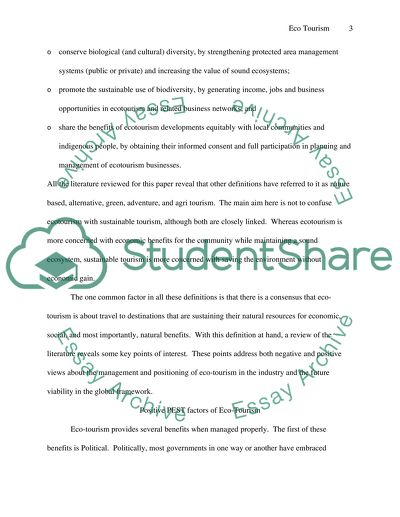Cite this document
(Emerging Market in the Tourism Industry Research Paper, n.d.)
Emerging Market in the Tourism Industry Research Paper. Retrieved from https://studentshare.org/tourism/1505412-eco-tourism
Emerging Market in the Tourism Industry Research Paper. Retrieved from https://studentshare.org/tourism/1505412-eco-tourism
(Emerging Market in the Tourism Industry Research Paper)
Emerging Market in the Tourism Industry Research Paper. https://studentshare.org/tourism/1505412-eco-tourism.
Emerging Market in the Tourism Industry Research Paper. https://studentshare.org/tourism/1505412-eco-tourism.
“Emerging Market in the Tourism Industry Research Paper”, n.d. https://studentshare.org/tourism/1505412-eco-tourism.


